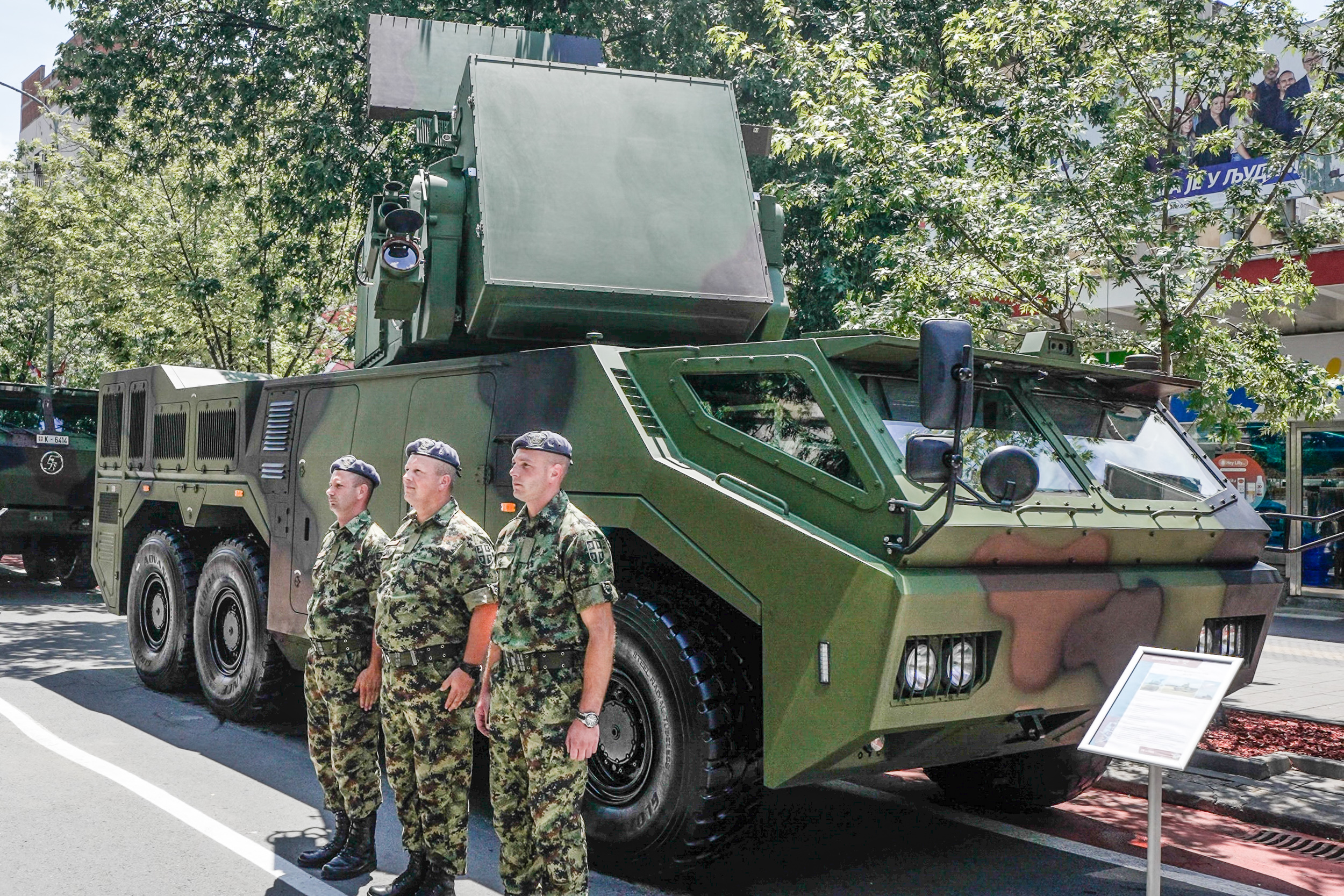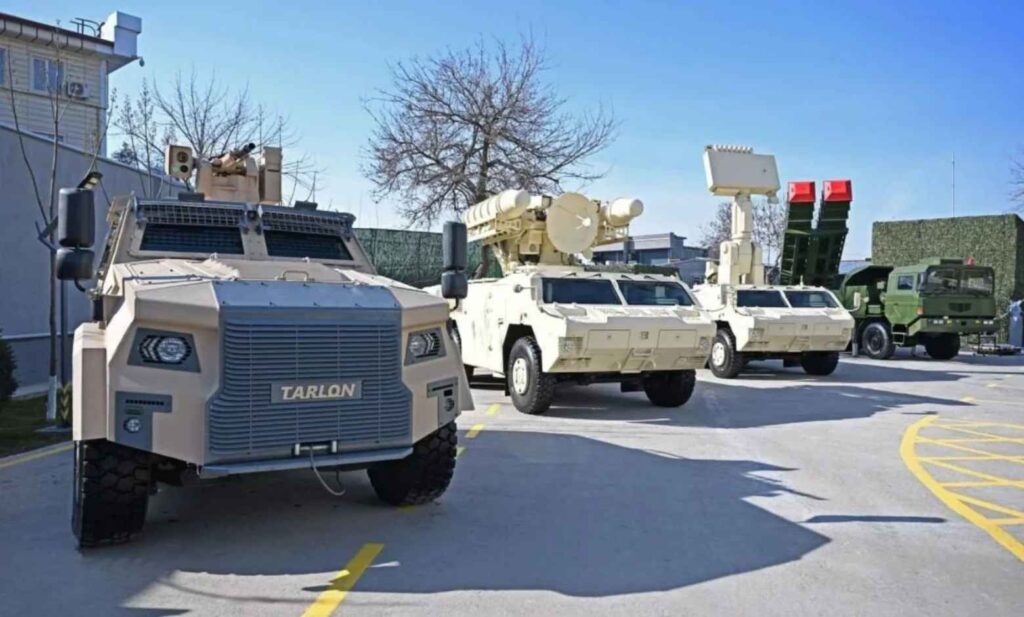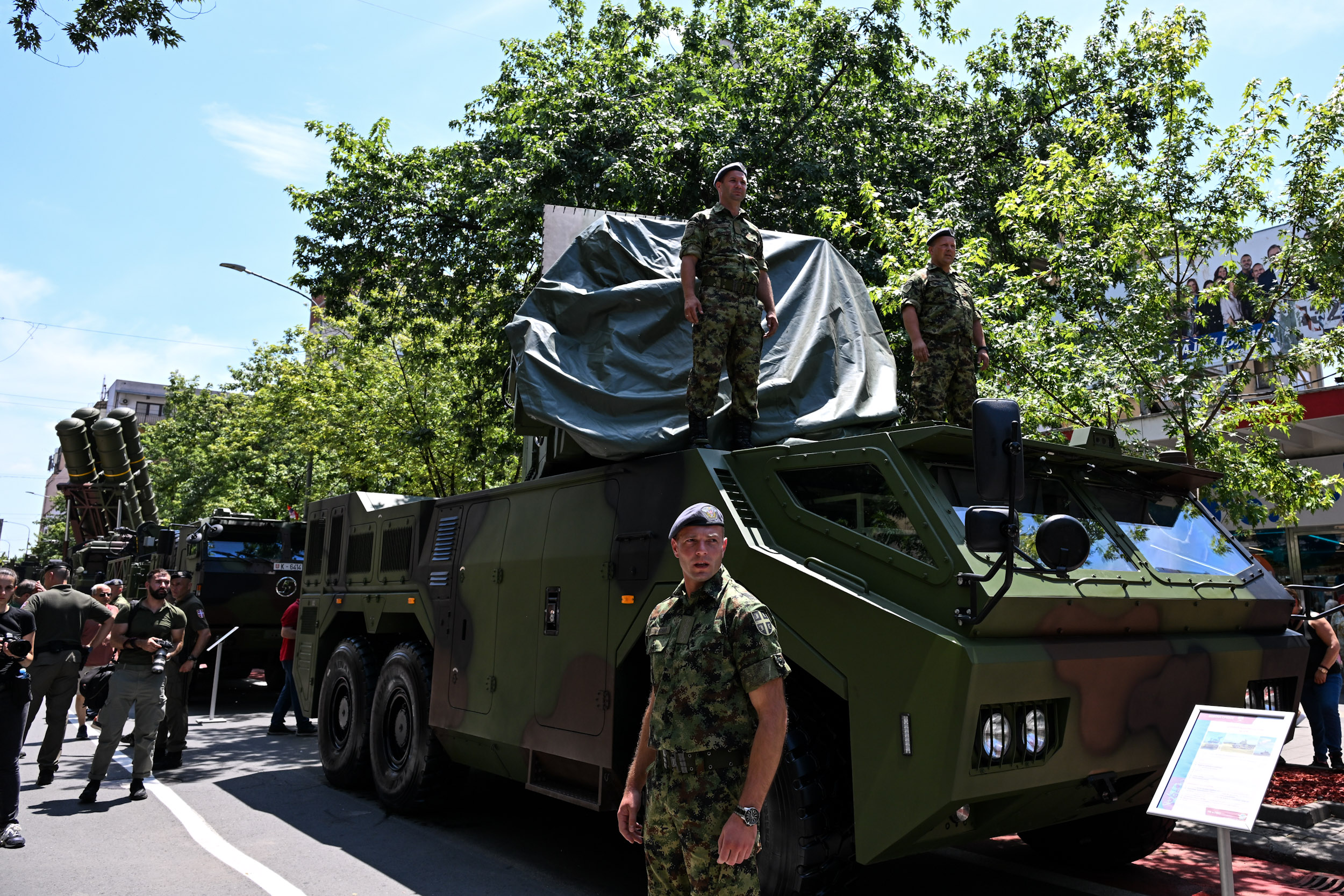Tajikistan Moves Away From Russian Systems, Deploying Chinese Air Defense
10 March, 2025 Tajik HQ-17AE. Source: Defence Blog Tajikistan has recently strengthened its air defense, following neighboring Uzbekistan, by acquiring Chinese anti-aircraft systems.
This was reported by the Defence Blog. China's HQ-17AE systems were publicly displayed for the first time during a recent military parade marking the 32nd anniversary of the Armed Forces of Tajikistan. Four launchers and two transport and reloading vehicles were presented at the event.
 HQ-17AE.
HQ-17AE.
Photo: Ministry of defence of Republic of Serbia
Prior to this, Tajikistan's air defense relied on Soviet-made systems, including the Osa and Strela-10. The status of the S-75 and S-125 is unclear, though they are likely no longer in active service and have been stored.
Chinese Systems in Uzbekistan
At the end of February, it was reported that Uzbekistan had also enhanced its air defense with Chinese anti-aircraft systems. Published photos showed two Chinese systems: the export versions of the FM-90 short-range HQ-7 and the KS-1C medium-range HQ-12.
 Uzbek HQ-7 and HQ-12 air defense systems.
Uzbek HQ-7 and HQ-12 air defense systems.
Source: SavunmaSanayiST
It remains unclear how many systems China had supplied to Uzbekistan and their cost.
HQ-17AE
The HQ-17AE is the export version of the Chinese HQ-17A wheeled air defense system, which is based on Soviet Tor technology. A typical HQ-17 battery consists of a command vehicle, four launchers, and two NG-80 transport and reloading vehicles.
 HQ-17AE. Photo: Ministry of defence of Republic of Serbia
HQ-17AE. Photo: Ministry of defence of Republic of Serbia
Like its Soviet predecessor, the HQ-17 is designed as an army anti-aircraft system to protect troops and key facilities.
The missile weighs about 165 kg, measures 2.9 m in length, and has a diameter of 0.23 m.
It can intercept airborne targets at ranges from 1.5 km to 15 km and altitudes from 10 m to 10 km.
The missile uses a semi-active homing head for guidance, with the target illuminated by radar.